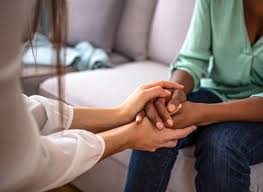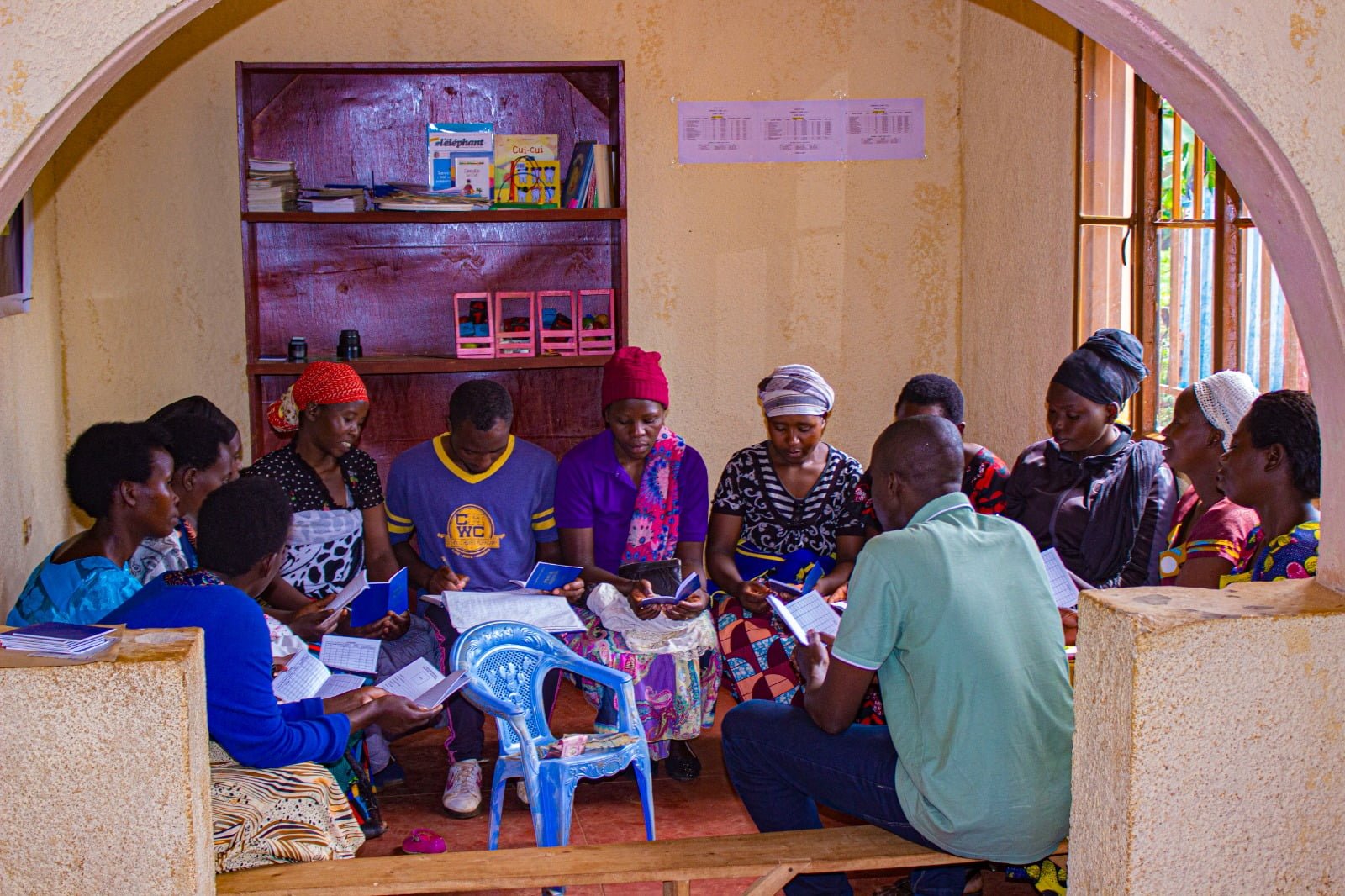URUHONGORE ECD CENTER
Early childhood development - ECD
Is about supporting a child in these critical early years, providing holistic access to early learning, good nutrition, hygiene and protection.
Therefore Bridge of Hope availed the quality of ECD services to children aged between 3-6 years old whereby they learn how to read, write, play, and to be creative and to get to know Christian Values.






